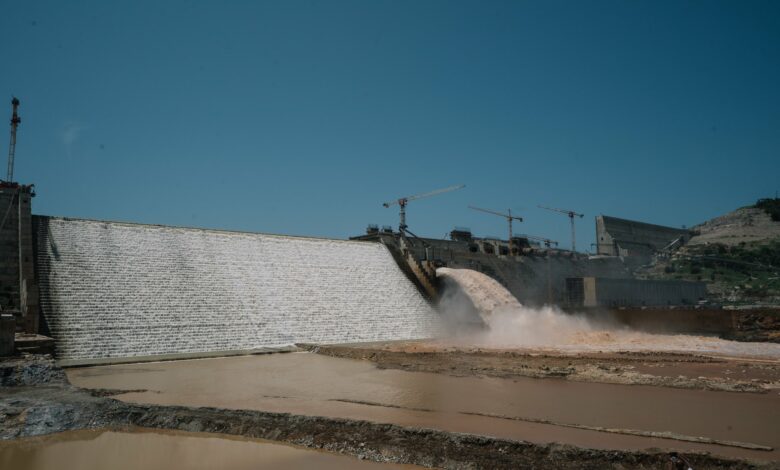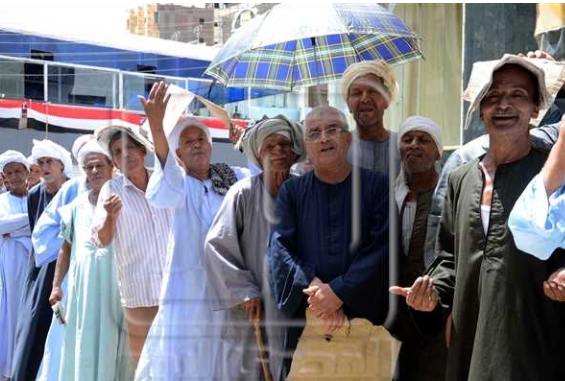
Ethiopia’s final filling of the Grand Ethiopian Renaissance Dam (GERD) might pose significant threats to Egypt.
Egyptian water expert Abbas Sharaky has issued a grave warning regarding Ethiopia’s commencement of the fifth and final filling of the GERD on July 17, which he asserts could have severe repercussions for Egypt.
The goal of this final filling is to reach the dam’s middle corridor to a height of 640 meters above sea level.
If the current filling rate continues, the total storage is projected to reach approximately 64 billion cubic meters by mid-September.
The dam’s turbines are currently releasing only a fraction of the incoming water, with just 50-70 million cubic meters being discharged daily compared to the 500-600 million cubic meters flowing into the dam.
Sharaky has outlined the potential threats arising from Ethiopia’s actions, classifying them into both water-related and economic categories.
Any water retained in the GERD, regardless of the quantity, would have otherwise flowed into Sudan and Egypt, he stressed.
This year alone, an estimated 23 billion cubic meters of water have been lost due to the dam’s filling. This direct loss, if utilized for agriculture, could have generated significant economic benefits.
Egypt would then be compelled to undertake substantial measures to mitigate the negative impacts of the GERD’s filling. These measures include reducing rice cultivation by 1.1 million acres, constructing wastewater treatment plants, lining canals, implementing modern irrigation systems, expanding greenhouses, and drilling numerous groundwater wells.
This would also deplete the reserves of the Aswan High Dam.
Sudan could also face significant challenges, including disruptions in dam operations, the cessation of flood-reliant agriculture, and decreased agricultural productivity due to the dam’s impact on sediment, groundwater levels, and production costs.
And even Ethiopia itself would not be immune to the consequences.
Additional arable lands would be submerged, despite the lack of agricultural activities in the area even after five years of filling. Mining regions would also be affected by rising water levels, and the full capacity of the dam’s turbines would remain unutilized.
Since 2011, Egypt, Sudan, and Ethiopia have been engaged in negotiations to address the issues surrounding the GERD, but these talks have yet to produce a definitive agreement.




